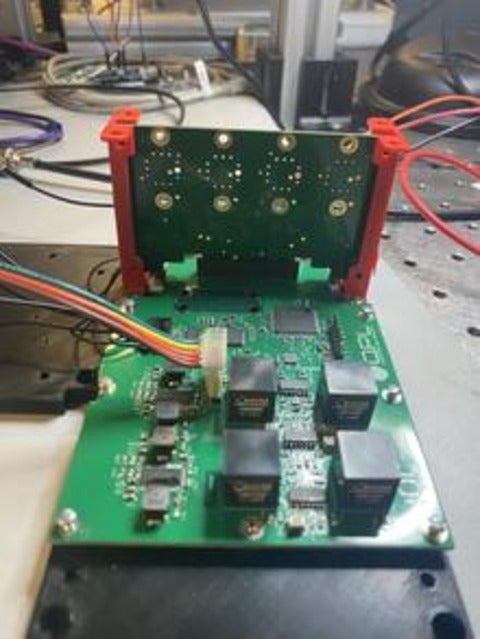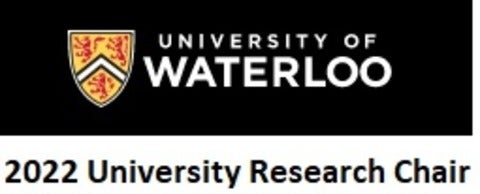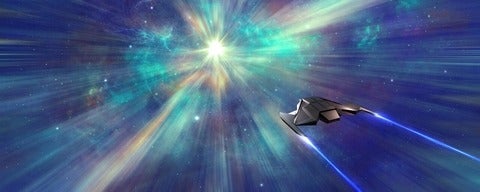Entangled photon source gearing up for International Space Station
A single-photon detector and counting module (SPODECT) recently designed and built by Waterloo’s Quantum Photonics Lab for the International Space Station (ISS) will be used to verify quantum entanglement and test its survivability in space.



